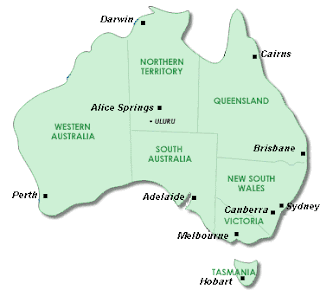For most of our history homo-sapiens has been hunter-gatherers. The hunter-gatherer period lasted for 73 thousand years. Agriculture was invented 12 thousand years ago.
What caused the transition? Desperation due to rising population and a cooling, drying climate.
The first farmers were less healthy than hunter-gatherers (H-G):
Aside from their shorter stature, they had more skeletal wear and tear from the hard work, their teeth rotted more, they were short of protein and vitamins and they caught diseases from domesticated animals: measles from cattle, flu from ducks, plague from rats and worms from using their own excrement as fertiliser.But agriculture could support a population density 100 times that of the H-G density of 1 person per square mile. Violence was more pervasive in H-G societies as people fought over limited resources. This contradicts one politically correct view that H-G were noble savages who lived in peaceful harmony with their environment.
In the H-G period there was a transition from early reliance on large animals for meat progressively towards smaller, faster breeding game. The rhinoceros was driven close to extinction in Europe 17 thousand years ago. This transition was necessitated by population increase and made possible by the development of better weapons, such as the atlati, the spear throwing stick, developed 18 thousand years ago.
Agriculture was independently invented 6 times in human history (Asia, New Guinea, three times in the Americas and in Africa)
We have been creating (and solving) ecological crises for ourselves and our habitats for tens of thousands of years - the extinction of some large game, the invention of better weapons and eventually the invention of agriculture. History shows that progress occurs in desperate times and is jerky and discontinuous, not smooth or incremental.
The solution now (as then) is to actively continue development, not to slow development.
Reference:
Constant Battles: The Myth of the Peaceful, Noble Savage by Steven LeBlanc and Katherine Register



